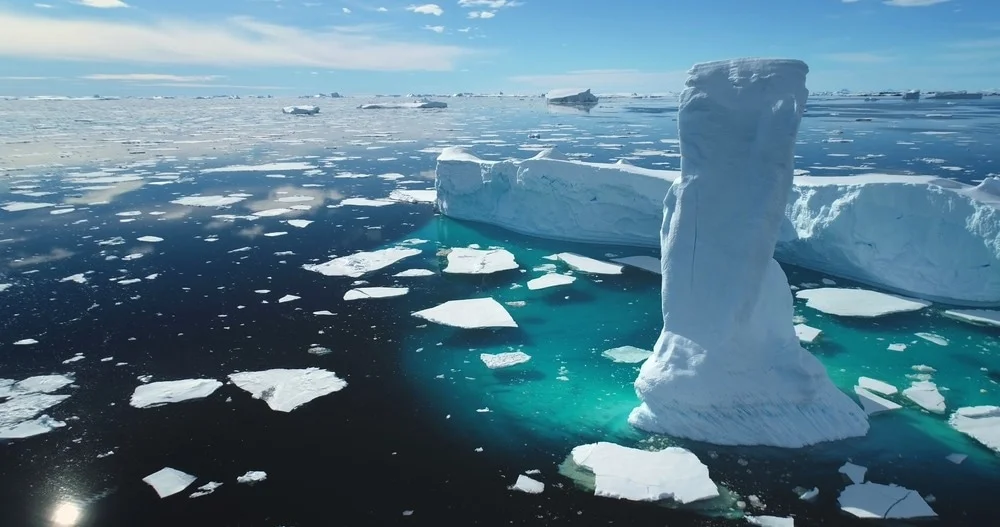International negotiations are underway in Hangzhou, China, concerning the next major UN climate science report.
Representatives from nearly 200 nations are grappling with the timing and content of this crucial assessment of global warming, particularly given the record-breaking temperatures of the past year and growing anxieties about the escalating pace of climate change.
The absence of a US delegation, following their withdrawal from the Paris Agreement, adds another layer of complexity to the discussions.
The central issue is the schedule for the Intergovernmental Panel on Climate Change (IPCC) report, which comprises three parts: physical science, climate impacts, and solutions for emissions reduction. Discussions focus on whether this comprehensive assessment can be finalised in time to inform the critical 2028 UN “stocktake” of global efforts to combat rising temperatures.
Many wealthier nations and developing countries vulnerable to climate change advocate for an expedited timeline.
However, some oil-producing nations and major polluters like India and China have raised objections.

The High Ambition Coalition, representing European and climate-vulnerable countries, insists that aligning the 2028 UN progress report with up-to-date science is vital to the Paris Agreement’s integrity. They stress the importance of basing decisions on the best available evidence.
Concerns have been raised by observers that these talks may be the last opportunity to reach an agreement on the report’s completion in time for the 2028 stocktake.
One individual familiar with the negotiations highlighted the intense geopolitical pressures, the financial burdens of climate impacts, and the challenges of transitioning away from fossil fuels as factors contributing to the difficulty of the discussions. They emphasised the importance of new research findings for policymakers as they develop future climate strategies.
The IPCC has indicated a 2028 publication date for its seventh report, but some countries, including China, Saudi Arabia, Russia, and India, have pushed back, citing concerns about rushing the process.
The IPCC cautioned that the world is on track to surpass the Paris Agreement’s long-term warming target of 1.5 degrees Celsius above pre-industrial levels in the early 2030s, with recent studies suggesting this could happen even sooner.
The Association of Small Island States, comprising low-lying nations facing inundation from rising sea levels, urged the international community to ensure the IPCC completes its reports in time for the 2028 stocktake, emphasising the crucial role of accessible and actionable climate science for their survival.


